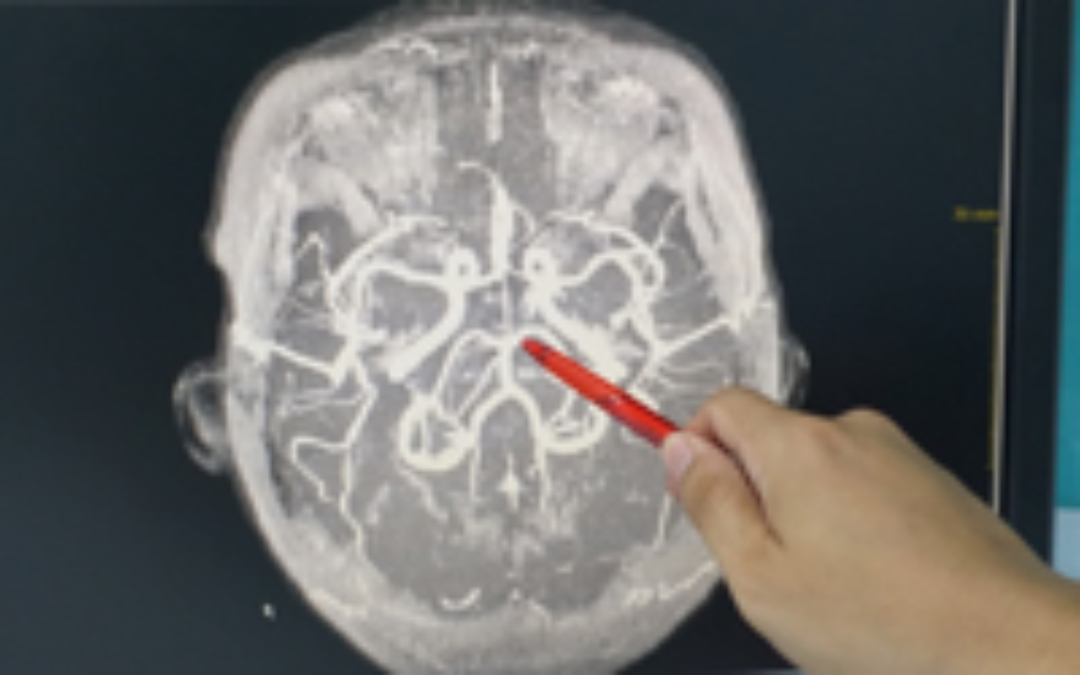
Study revealed how deadly brain tumor evades treatment; identifies potential new treatment strategy
On Nov. 21, 2024, a study from scientists at the UCLA Health Jonsson Comprehensive Cancer Center helps explain why glioblastoma, one of the most aggressive forms of brain cancer, becomes resistant to treatment, and introduces a new approach that paves the way for more personalized treatment strategies for patients with this deadly brain tumor.
The approach combines genetic profiling, which analyzes the genetic makeup of a tumor, with functional profiling, which observes how cancer cells behave in response to treatments. This combined strategy helps predict how well glioblastoma will respond to treatments and identifies new ways to target and treat the tumors more effectively.
Through this analysis, the team found that standard therapies like radiation or chemotherapy can change how the tumor’s self-destruct machinery works, but this effect depends on specific genetic features, such as a functional p53 gene.
Using insights from this test, the researchers then created a machine-learning tool called GAVA. This tool combines genetic and functional data to help predict how a glioblastoma tumor might respond to a specific treatment combination.
In preclinical models, GAVA helped predict which tumors would respond best to a combination of standard cancer treatments and drugs that block certain proteins. They found that targeting the protein BCL-XL, which plays a major role in helping cancer cells avoid death, could enhance the effectiveness of treatments in certain cases.
Tags:
Source: UCLA Health Jonsson Comprehensive Cancer Center
Credit:
